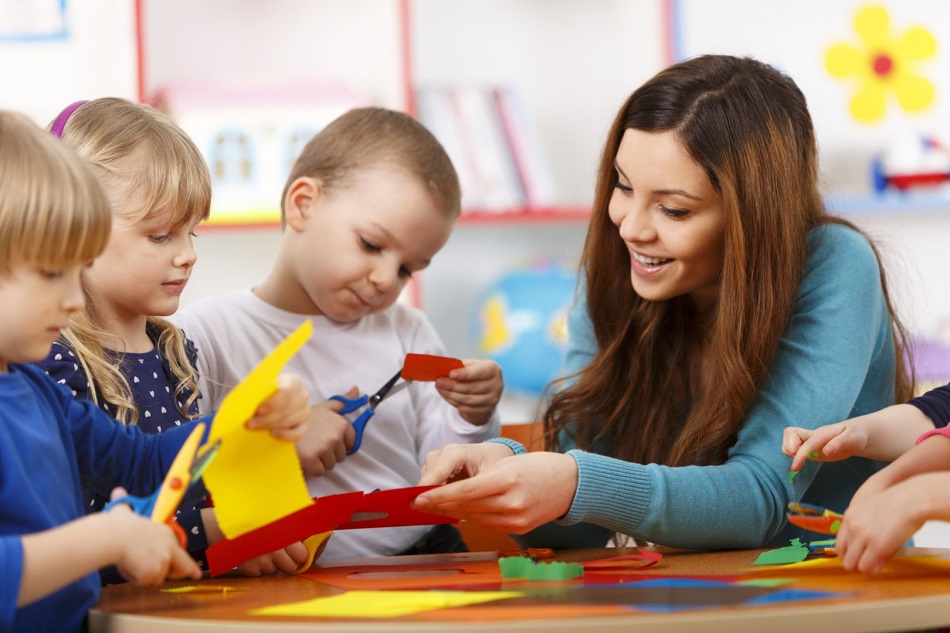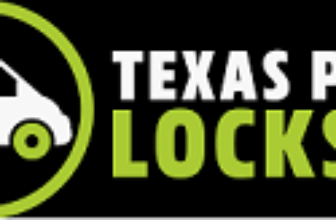
Early childhood education plays a pivotal role in the development of young children, particularly in identifying and addressing learning disabilities. By intervening early, educators and parents can provide the support and resources necessary to help children overcome challenges and reach their full potential. This blog explores how early childhood education can address learning disabilities and improve outcomes for children.

Early Identification and Intervention
One of the key benefits of early childhood education is the ability to identify learning disabilities at an early stage. Educators trained in early childhood education are equipped to recognize the signs of learning disabilities such as dyslexia, ADHD, and speech and language disorders. Early identification allows for timely intervention, which can significantly improve a child’s learning trajectory.
Early childhood education programs often include comprehensive assessments that help in diagnosing learning disabilities. These assessments can include developmental screenings, observations, and standardized tests. Once a learning disability is identified, educators can collaborate with parents and specialists to create an individualized education plan (IEP) tailored to the child’s specific needs.
Tailored Teaching Strategies
Early childhood education programs are designed to provide personalized learning experiences that cater to the unique needs of each child. For children with learning disabilities, this means implementing tailored teaching strategies that address their specific challenges. Educators can use a variety of methods, such as multi-sensory instruction, differentiated instruction, and adaptive technologies, to support children with learning disabilities.
Multi-sensory instruction, for example, involves engaging multiple senses (sight, sound, touch) to reinforce learning concepts. This approach can be particularly effective for children with dyslexia, as it helps them make connections between letters and sounds. Differentiated instruction allows educators to modify lessons and activities to meet the diverse needs of students, ensuring that each child can learn at their own pace and in their own way.
Supportive Learning Environment
Creating a supportive learning environment is crucial for children with learning disabilities. Early childhood education programs focus on building a positive and inclusive atmosphere where all children feel valued and supported. This includes providing a structured and predictable routine, clear expectations, and consistent reinforcement of positive behaviors.
Educators can also create a physical environment that is conducive to learning for children with disabilities. This might involve arranging the classroom in a way that minimizes distractions, using visual aids and organizers, and providing sensory-friendly spaces for children who may become overwhelmed.
Collaboration with Parents and Specialists
Addressing learning disabilities in early childhood requires a collaborative approach. Educators work closely with parents to understand their child’s needs and provide consistent support both at school and at home. Regular communication between parents and educators ensures that everyone is on the same page and working towards the same goals.
In addition to collaborating with parents, early childhood educators often work with specialists such as speech therapists, occupational therapists, and psychologists. These professionals can provide targeted interventions and therapies that address specific aspects of a child’s learning disability. By working together, educators and specialists can create a comprehensive support system that helps children thrive.

Professional Development for Educators
Continuous professional development is essential for educators working with children with learning disabilities. Early childhood education programs often provide training and resources to help educators stay up-to-date with the latest research and best practices in the field. This includes workshops, seminars, and courses on topics such as special education, behavior management, and inclusive teaching strategies.
By investing in professional development, early childhood education programs ensure that educators have the knowledge and skills needed to effectively support children with learning disabilities. This ultimately leads to better outcomes for children and a more inclusive learning environment.
Conclusion
Early childhood education is a powerful tool for addressing learning disabilities and helping children reach their full potential. By identifying learning disabilities early, implementing tailored teaching strategies, creating a supportive learning environment, collaborating with parents and specialists, and investing in professional development, early childhood education programs can make a significant difference in the lives of children with learning disabilities.








Можно ли быстро купить диплом старого образца и в чем подвох?
Как получить диплом стоматолога быстро и официально
Легальная покупка диплома о среднем образовании в Москве и регионах
Профессиональный сервисный центр по ремонту бытовой техники с выездом на дом.
Мы предлагаем:сервисные центры в москве
Наши мастера оперативно устранят неисправности вашего устройства в сервисе или с выездом на дом!